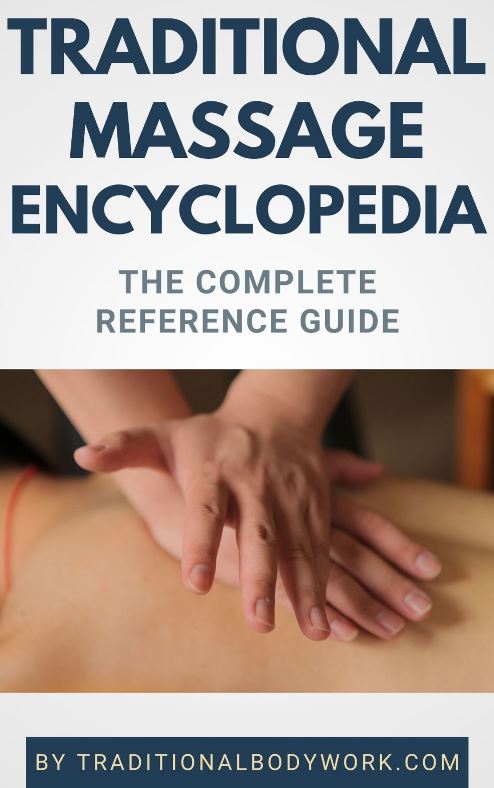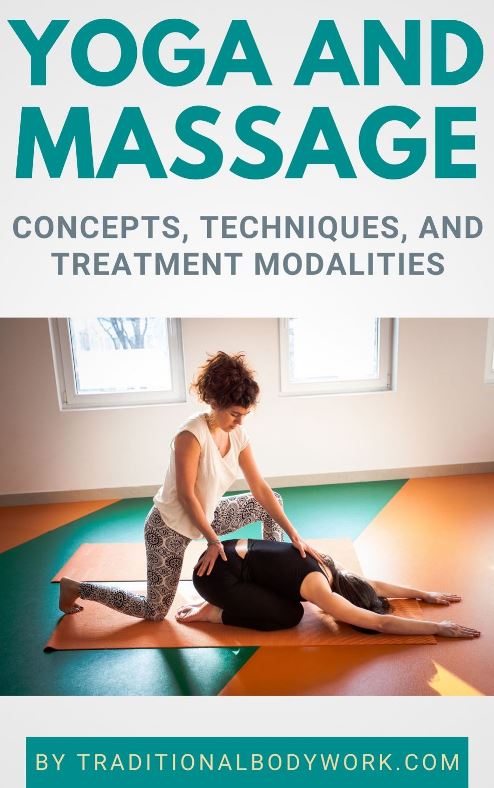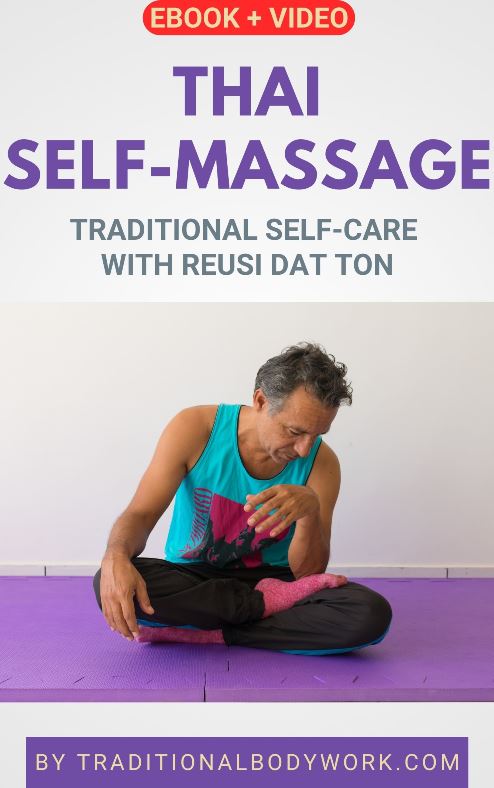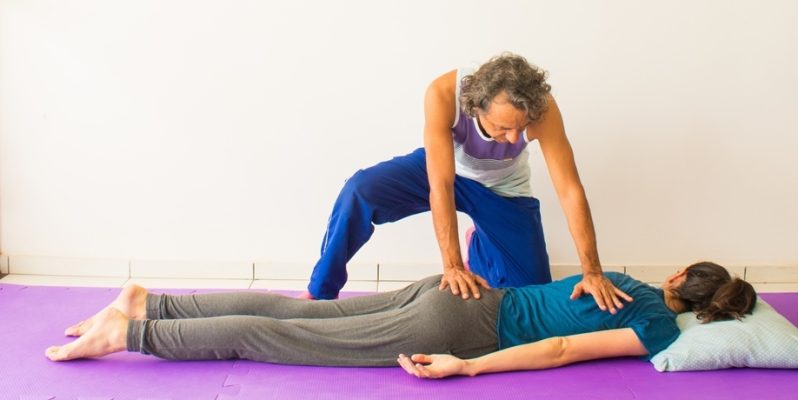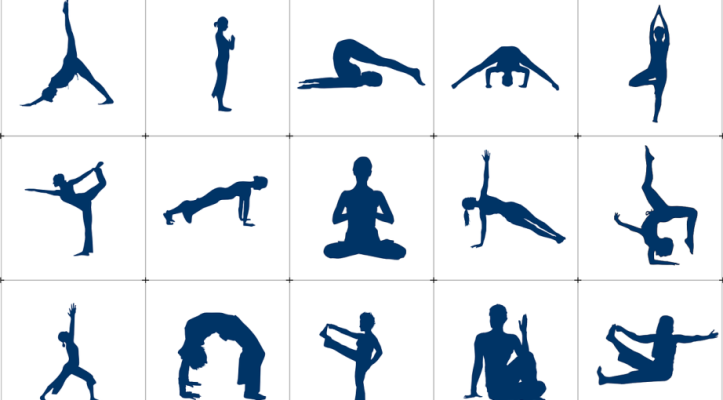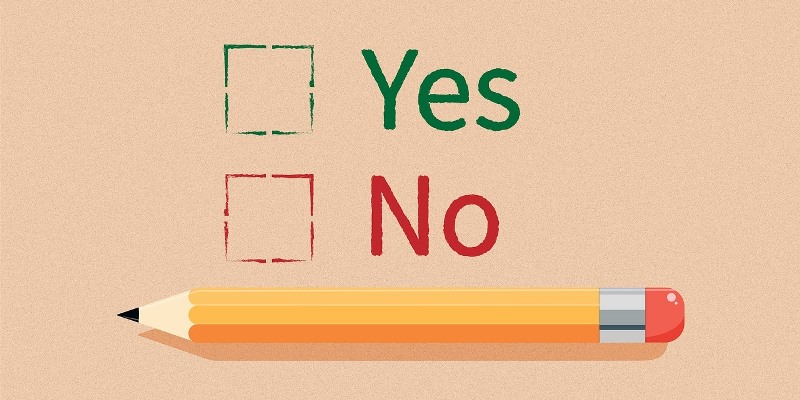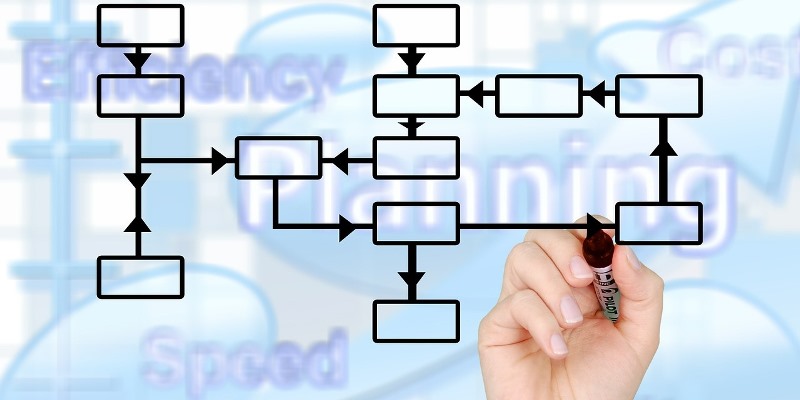
Most people who study massage nowadays will first learn a certain set of massage techniques and a certain sequence (massage routine) to use the techniques to perform the specific massage treatment. This is very much different from the past where learning fixed massage routines and sequences was a big exception.
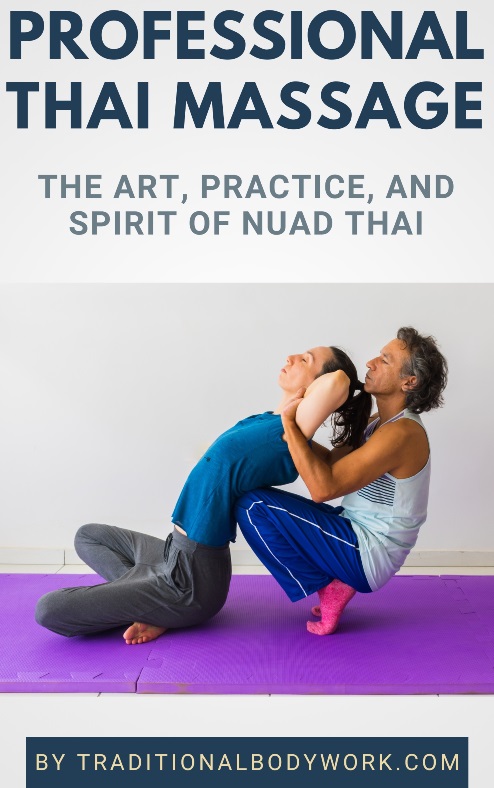
In fact, traditionally one would sit at the master’s feet and observe and practice over a longer period of time (sometimes years), taking in the way one’s master would approach and cure different clients with different health issues using a range of techniques in a non-sequenced, non-routine way.
By contrast, a massage routine or sequence is a guide of step-by-step instructions of what techniques to perform, how to perform them and at what moment during the session-flow to apply them. You could see it as a kind of “flowchart” of a massage treatment session.
In a way, it’s sort of okay, because one needs to first learn the techniques to get confidence in what one does, and a flowchart or map will certainly help to focus more on mastering the techniques (and the outer form of the massage modality), instead of continuously needing to think of what-technique-to-do-next.
Nevertheless, notably with therapeutic massages one will very soon discover that fixed massage sequences are inadequate or at best rather limited.
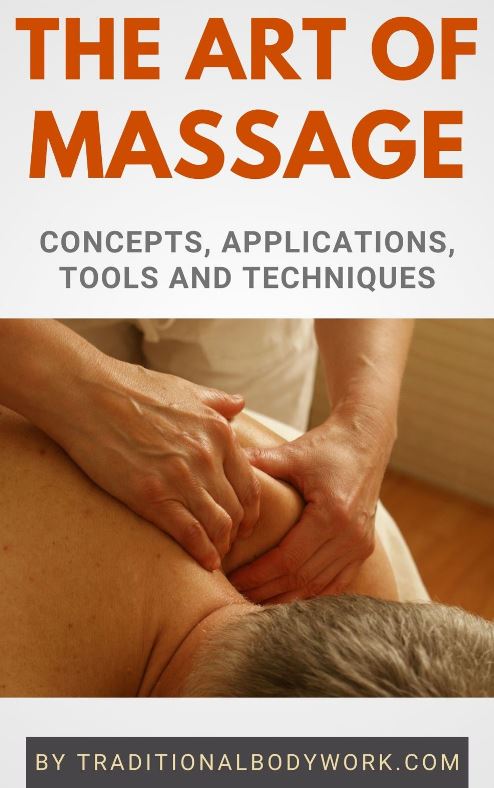
The fact is that each person is different, bodies are different, and health issues are different, and that’s why a therapeutic massage should be very much adapted to the specific abilities and needs of the client in order to be effective. Knowing a whole lot of techniques is only a (small) part of what makes a good therapeutic massage session.
The thing is that fixed massage routines generally don’t address individual needs well, and are therefore more appropriate for overall relax and wellness sessions. Another issue is that using routines may give a kind of “robotic” feel to a session.
Nonetheless, a fixed massage sequence has the advantage of a more or less set time duration, and as such it fits well within spa and wellness establishments where clients would pay for an hour, an hour and a half, or two hours massage, and so on.
Times have changed and massage students nowadays generally don’t want to sit indefinitely at the master’s feet, but want to learn a massage modality quick and efficiently, notably when they plan to become a professional and make money with it. Time is money, and fixed massage routines address the desire of the modern massage-therapist-to-be to be up-and-running as soon as possible.

